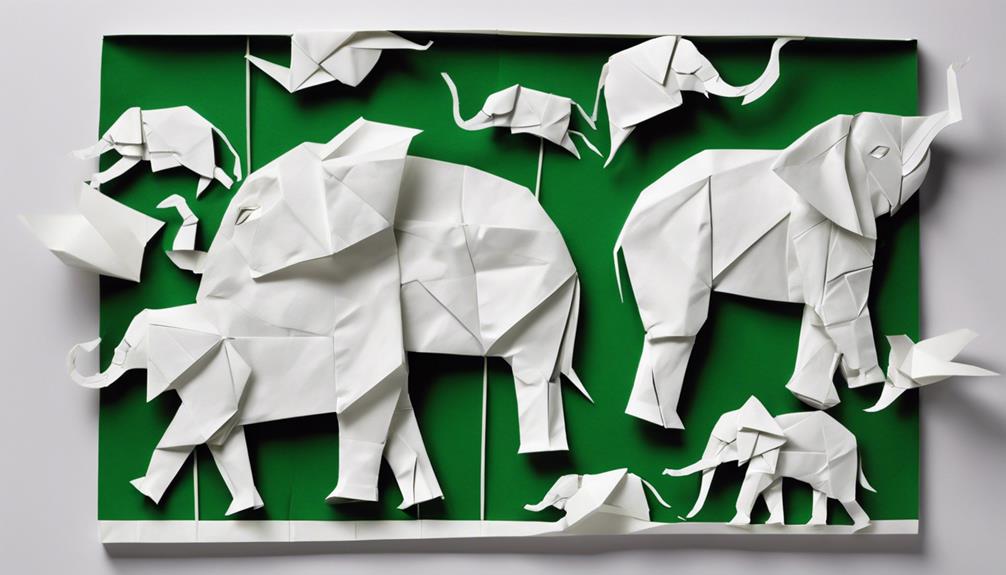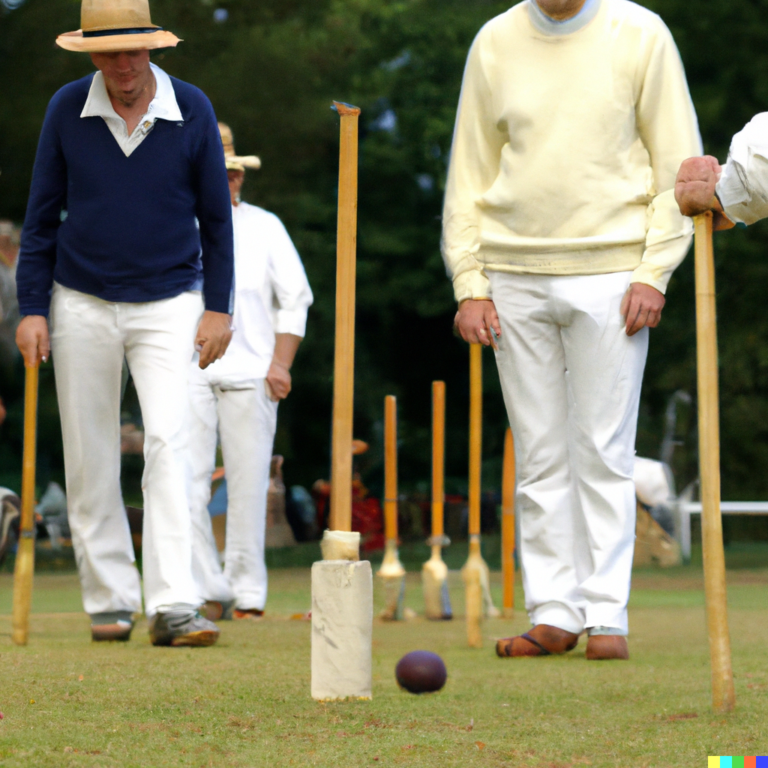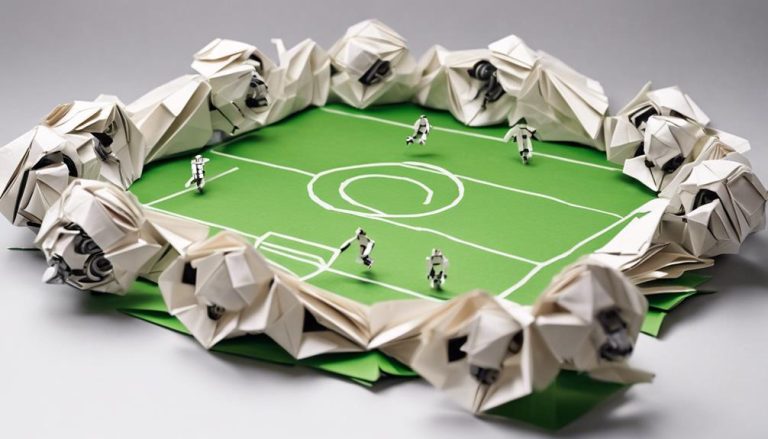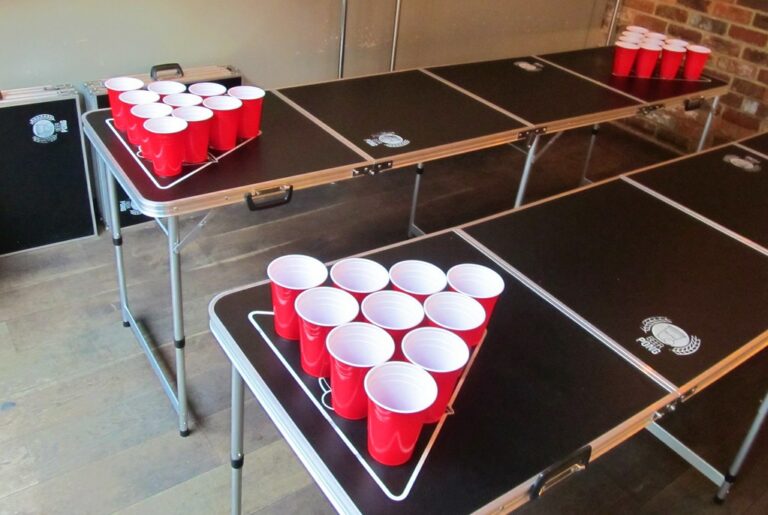General Rules of Elephant Polo
As you step into the exciting world of elephant polo, you'll need to master clever tactics and strategy to outmaneuver opponents. Your elephant partner's agility and your riding skills will come together to score goals. Safety is paramount, with strict guidelines ensuring the elephants' well-being and your own protection. You'll need the right gear, from polo sticks to safety helmets, and a solid understanding of the game's structure, including field dimensions and scoring rules. As you learn to work in harmony with your elephant, you'll uncover the intricacies of this unique sport – and that's just the beginning of the adventure that awaits you.
Game Objective and Gameplay

As you saddle up to play elephant polo, your objective is to score goals against the opposing team by using your elephant's agility and your own riding skills to hit the ball into the opponent's goal. You'll need to develop clever polo tactics and a solid game strategy to outmaneuver your opponents. Remember, it's not just about hitting the ball – it's about working in harmony with your elephant to outsmart the other team.
As you take to the field, you'll need to be prepared to adapt your game plan on the fly. Read the game, anticipate your opponents' moves, and adjust your strategy accordingly. Will you focus on quick passes and rapid-fire shots, or play a more defensive game, using your elephant's size and strength to block opponents' advances? The key to success lies in finding the perfect balance between offense and defense.
Elephant Welfare and Safety
As you explore the world of elephant polo, you're probably wondering how these majestic creatures are treated on the field. Rest assured, their well-being is top priority, with strict guidelines in place to guarantee their safety and comfort. Now, let's take a closer look at the guidelines and handling techniques that put the elephants' needs first.
Elephant Well-being Guidelines
You'll be relieved to know that elephant polo tournaments adhere to strict Elephant Well-being Guidelines, guaranteeing these magnificent creatures receive the utmost care and respect. The well-being of elephants is paramount, and tournament organizers spare no effort in providing a safe and nurturing environment. Elephant Enrichment programs are an integral part of these guidelines, designed to stimulate their natural behaviors and promote physical and mental well-being. From providing a varied diet to creating stimulating enclosures, every effort is made to certify these intelligent creatures thrive. Additionally, Sanctuary Standards are upheld, guaranteeing a safe haven for elephants to rest, socialize, and roam freely. You can rest assured that the welfare of elephants is at the heart of every polo tournament, and their well-being is never compromised for the sake of the game. By prioritizing their care, we can secure a brighter future for these incredible animals.
Proper Handling Techniques
When interacting with elephants, handlers must employ gentle, calm movements, avoiding sudden gestures or loud noises that might startle these sensitive creatures. You'll want to move deliberately and slowly, giving your elephant companion ample time to process and respond to your cues. Effective trunk control is essential, as it enables you to guide the elephant while maintaining a safe distance. To achieve this, you'll need to develop a clear understanding of your elephant's body language and behavior.
Rider communication is also imperative, as it facilitates a harmonious partnership between you and your elephant. You'll need to use a combination of vocal commands, body language, and gentle pressure to convey your intentions. By doing so, you'll build trust and foster a deeper connection with your elephant, allowing you to work together seamlessly during polo matches. Remember, proper handling techniques are necessary for both elephant welfare and safety, as well as your own success in the game.
Player Equipment and Attire

As you prepare to mount your elephant and take to the polo field, you'll need the right gear to play safely and effectively. Your polo stick, or mallet, is a vital tool that requires careful selection to guarantee a good swing and control. You'll also need to wear protective gear, such as a helmet and knee pads, to shield yourself from potential falls and collisions.
Polo Stick Selection
Your trusty polo stick is an extension of yourself, and selecting the right one can make all the difference in your elephant polo game. When choosing a polo stick, you'll want to weigh the pros and cons of the materials it's made of. You've got options like carbon fiber, fiberglass, or even traditional wood – each with its own strengths and weaknesses. Carbon fiber sticks are lightweight and durable, while fiberglass ones offer a nice balance between flexibility and strength. Wooden sticks, on the other hand, provide a classic feel and a touch of nostalgia.
But it's not just about the material – the grip style matters too. Do you prefer a smooth, tapered grip or a textured, ergonomic one? Perhaps you're more comfortable with a grip that's a bit thicker or thinner? The right grip can help you maintain control and precision as you swing your stick to hit the ball. Remember, your polo stick is an extension of yourself, so take the time to find the one that feels just right. With the right stick in hand, you'll be ready to take on the elephant polo field with confidence!
Player Safety Gear
With your trusty polo stick in hand, you're now ready to gear up with the right safety equipment to protect yourself from those powerful elephant movements and potential collisions on the field. As you prepare for the game, remember that safety always comes first. You'll need a helmet that meets the latest safety regulations, featuring advanced helmet technology designed to absorb impact and provide maximum protection. Look for one that's lightweight, ventilated, and has a secure fit.
Next, invest in a pair of sturdy boots with a low heel and a slip-resistant sole. You'll also need protective gear like knee and elbow pads, as well as gloves to improve grip and control. Don't forget to wear comfortable, breathable clothing that allows for a full range of motion. Safety glasses or goggles are also a must-have to protect your eyes from debris or accidental stick swings. By gearing up with the right safety equipment, you'll be free to focus on the game, enjoying the thrill of elephant polo without worrying about your well-being.
Field Dimensions and Boundaries
You're looking at a playing field that's roughly the size of a standard polo field, measuring 300 yards long by 160 yards wide, with goals at each end that stand 8 feet high and 10 feet wide. The court design is carefully planned to guarantee a smooth and safe game, with a flat, even surface that allows the elephants to move freely. The boundary markings are clear and visible, with white lines defining the playing area and goals. The sidelines and goal lines are 2 inches wide, making it easy to spot when the ball goes out of bounds. The entire field is surrounded by a 3-foot high barrier to prevent the elephants from escaping or getting too close to the spectators. As you step onto the field, you can feel the excitement building, and the carefully designed court and clear boundary markings help you focus on the game ahead.
Scoring and Game Duration

As you're about to learn, the rules of elephant polo dictate that a standard game consists of two 15-minute chukkers, with a 15-minute halftime break in between, and scoring is based on the number of goals you're able to get past the opposing team's goalkeeper. The game length is carefully designed to facilitate an exciting and fast-paced match, with enough time for teams to showcase their skills and strategy.
When it comes to scorekeeping systems, elephant polo uses a simple yet effective method. Each goal scored is worth one point, and the team with the most points at the end of the two chukkers wins the game. In the event of a tie, the game goes into overtime, where the first team to score wins the match.
As you take to the field, remember that every goal counts, and every minute of the game is vital. With a clear understanding of the scoring system and game duration, you'll be well on your way to becoming an elephant polo pro!
Elephant Selection and Pairing
When it's time to choose your elephant partner, it's vital to think about the unique personality, temperament, and strengths of each animal to facilitate a harmonious and effective pairing. You'll want to observe their behavior, body language, and social dynamics to understand their Elephant Temperament. Some elephants are naturally more assertive, while others are more laid-back. Pairing an assertive elephant with a more submissive one can lead to a successful partnership.
Social Dynamics play a pivotal role in elephant selection and pairing. You'll need to examine the elephant's social hierarchy, dominance, and submission patterns. A well-matched pair will work together seamlessly, anticipating each other's moves and communicating effectively. A mismatched pair, on the other hand, can lead to confusion, frustration, and even safety issues.
Referee Roles and Responsibilities

In the fast-paced world of elephant polo, a skilled referee is vital to maintaining a fair and fun game, and their responsibility is to enforce the rules and regulations. As a referee, you're not only responsible for calling fouls and penalties but also for ensuring the game flows smoothly. Your role is pivotal in maintaining the integrity of the game, and undergoing Referee Training is imperative to develop the necessary skills.
As a referee, your primary responsibilities include:
- Maintaining Call Consistency: Ensuring that you make consistent calls throughout the game, even when faced with pressure from players or spectators.
- Monitoring Player Conduct: Keeping an eye on player behavior and intervening when necessary to prevent unsportsmanlike conduct.
- Managing Game Flow: Making decisions that promote a smooth and enjoyable game, such as stopping play when necessary or allowing play to continue when safe to do so.
Penalties and Game Stoppage
You're about to venture into the world of penalties and game stoppage, where a single misstep can drastically alter the game's momentum. As a player, it's vital to understand the foul consequences of your actions. If you commit a foul, the referee can award a free hit to the opposing team or even eject you from the game. The referee's decision is final, so it's imperative to stay composed and focused throughout the match.
Game interruptions can be frustrating, but they're a necessary part of maintaining a fair and safe game. If a player or elephant is injured, the game will be stopped to safeguard their well-being. Similarly, if the ball goes out of bounds or a foul is committed, the game will be interrupted to restart play with a free hit or penalty shot. Remember, the referee's primary concern is the safety of all players and elephants involved. By understanding the rules and consequences of penalties and game stoppage, you'll be better equipped to navigate the game and emerge victorious.
Frequently Asked Questions
Can Spectators Bring Their Own Elephants to Watch the Game?
Sorry, you can't bring your own elephant to watch the game – it's all about spectator safety and elephant etiquette. The venue has trained elephants and expert handlers to guarantee a thrilling experience without putting anyone at risk.
Are Elephant Polo Players Required to Have Prior Riding Experience?
Imagine you're a brave explorer, venturing into the wild world of elephant polo. As you saddle up, you wonder: do you need prior riding experience to play? The answer is yes, you'll need riding lessons under your belt, as a certain level of experience is required to guarantee a safe and thrilling game.
Can Elephants Be Substituted During a Game Due to Fatigue?
As you wonder if elephants can be substituted during a game due to fatigue, consider this: elephant endurance is remarkable, but fatigue factors like heat, humidity, and game intensity can impact their performance, making substitutions necessary.
Are Elephant Polo Games Cancelled During Heavy Rainfall?
"If you're wondering, yes, elephant polo games are cancelled during heavy rainfall for safety reasons. You'll get Rainy Refunds, and some tournaments offer Weather Waivers, so you won't get soaked financially either!"
Can Elephants Be Rewarded With Treats During Gameplay?
As you watch the elephant polo game, you might wonder, can these gentle giants be rewarded with treats during gameplay? Absolutely! Treat motivation is key; a well-designed reward system keeps them engaged and motivated to play their best.






